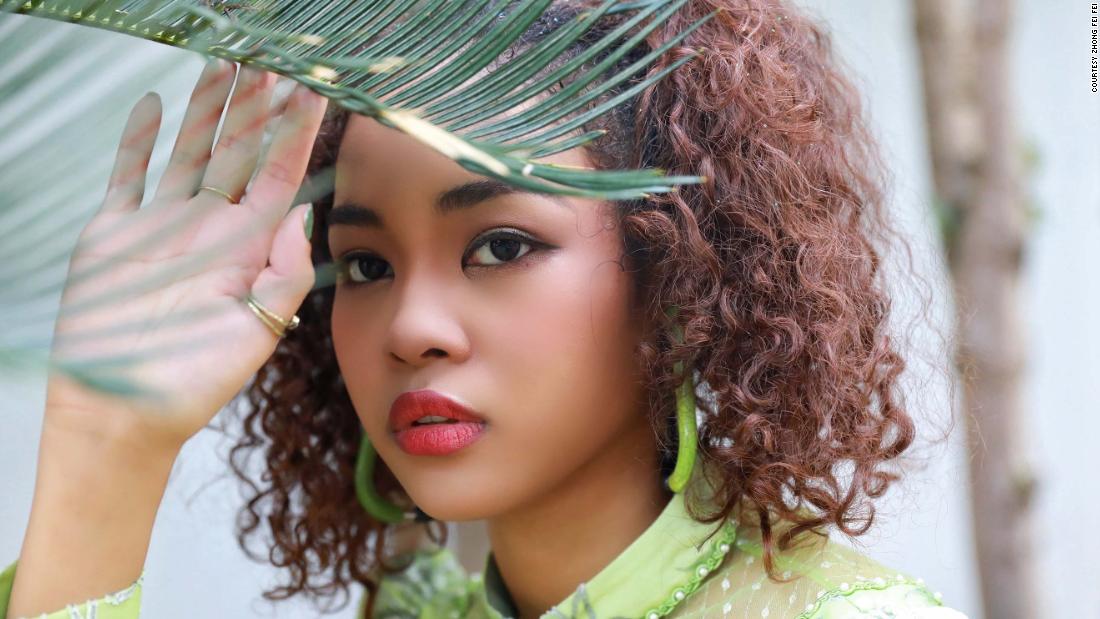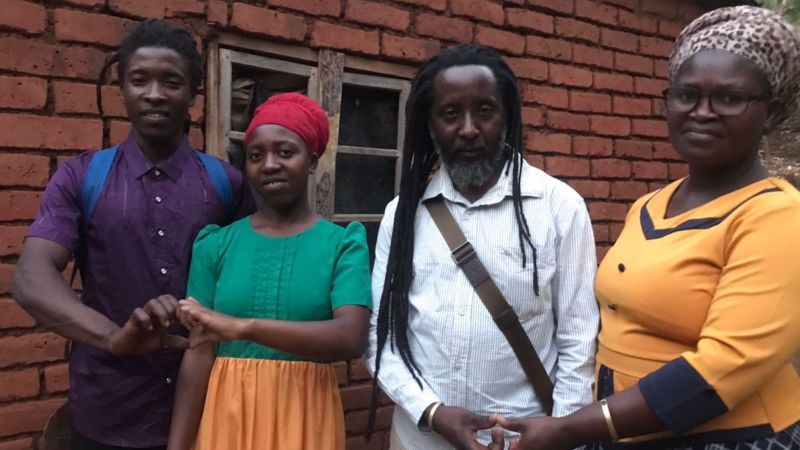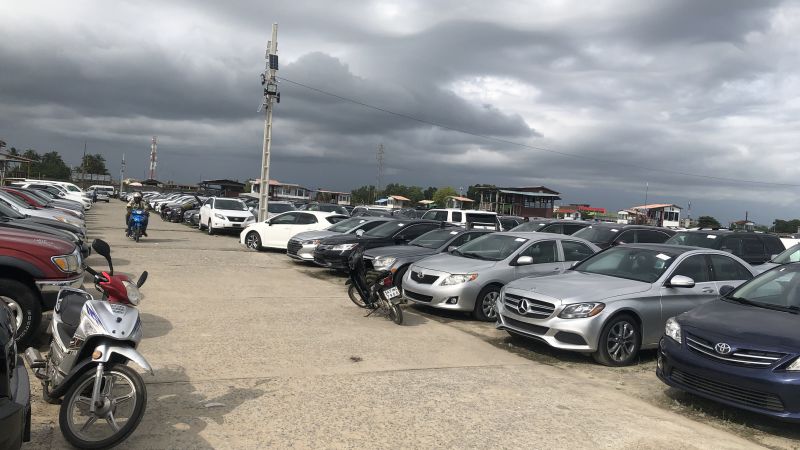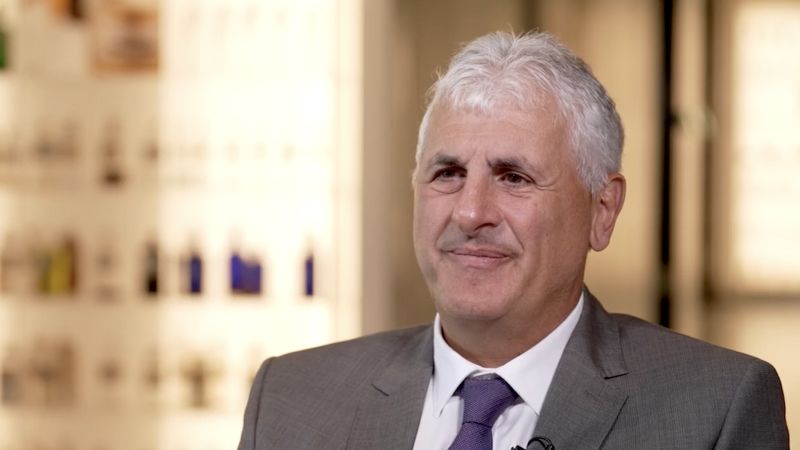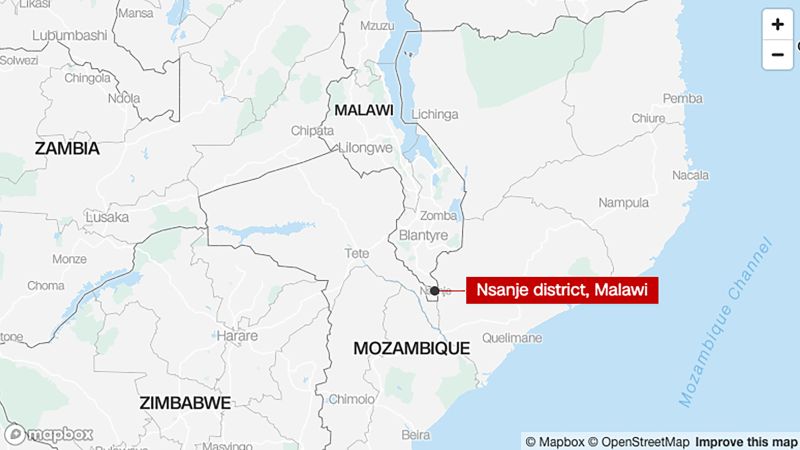“Now it is vitally, very quiet,” Dieng says of Little Africa, a corner of Guangzhou informally named after the swell of thriving African businessmen who as soon as lived, ate and prayed there in large numbers. “Now not many foreigners now, and the entire small stores are closed. Small industry round right here? Not more.”
On the flip of the twenty first century, Guangzhou — already a magnet for inner migrants — changed into an unintentional experiment in multiculturalism in China, as free immigration laws and factories churning out reasonable merchandise attracted droves of African marketers.
“For the entire factor of African buyers in Guangzhou, I think that period is over,” says Gordon Mathews, professor and chair of the Division of Anthropology on the Chinese language College of Hong Kong. “I am skeptical that (their bodily presence within the town) will ever be on the scale that it’s been.”
The industry case
One explanation why for the decline of the African neighborhood over the last yr is exactly industry.
In 2019 on my own, of the two.95 million foreigners coming into China thru Guangzhou, 358,000 had been from African nations, in line with native officers. Many got here on fast visits to shop for from the area’s factories, the usage of African citizens as middlemen to hook up with Chinese language wholesalers.
Many within the space, which contains the towns of Shenzhen, Guangzhou, Foshan and Dongguan, started promoting their products and services on e-commerce giants equivalent to Alibaba. This allowed them to hook up with African consumers immediately, reasonably than looking forward to them to come back to town in individual to put orders, as were the best way for many years.
His on-line store, Africa China Business Provider, connects about 20 factories he is aware of to his contacts in Sierra Leone, Nigeria, Guinea and Ghana. The benefit, he says, is his purchasers know they are coping with factories they may be able to accept as true with.
However it is a aggressive panorama. There at the moment are masses of hundreds of Chinese language migrants in Africa who can simply order from Chinese language factories themselves, and promote to locals the place they’re residing — chopping Africans out of the equation of their house countries.
Some say that is what the Chinese language government would like.
“China desires to be the intermediary and now not have Africans (in its borders),” says Mathews, writer of “The International in Guangzhou.” “So it might make a lot more sense for the Chinese language traders to transport to Africa, reasonably than having the Africans pass to China.”
Racial tensions
For hundreds of years, Guangzhou has intermittently been a nerve heart for migrants, whether or not inner or overseas. When African buyers arrived within the town within the early 2000s, they shaped a specifically visual enclave — partially as a result of they tended to congregate in a single or two quite small spaces, and partially as a result of black pores and skin had now not earlier than been extensively noticed in China in massive numbers.
The Africans additionally introduced with them worth methods that didn’t simply are compatible in with China’s political surroundings.
Many had been deeply non secular, founding underground Christian church buildings, which occasionally attracted Chinese language congregations — a deeply contentious apply in a rustic the place proselytizing by way of foreigners is illegitimate. As Beijing clamped down on non-state sanctioned faith in recent times, their area church buildings had been raided and close down by way of native police.
Africans additionally shaped small democracies inside their very own communities, balloting for a head of each and every country inside Guangzhou, to foyer on their behalf with the native government on issues equivalent to visas. Everlasting residency for foreigners is terribly uncommon in China, and maximum African oldsters are living in a standing of continuously renewing one-year visas.
In 2011, the provincial government clamped down on overstayers, providing rewards to Chinese language who grew to become them in, and making it unlawful for employers, hoteliers or instructional institutes to serve them.
As policing of the neighborhood higher, a number of Africans operating logistics warehouses advised CNN that police put in CCTV cameras within their premises, in addition to X-ray scanners and units plugged into their WiFi routers, in an obvious bid to clamp down on unlawful exports.
CNN reached out to officers in Guangdong, the province of which Guangzhou is the capital, for feedback on those claims however didn’t obtain a reaction.
Racism in China
Whilst many Africans spoke of leaving Guangzhou within the years main as much as the pandemic, a lot of the neighborhood remained, regularly rooted by way of marriages, youngsters, a loss of higher alternative in Africa or in different places, and in the end a way of house.
Whilst there’s no reliable knowledge on what number of Africans in Guangzhou married Chinese language girls, a stroll in the course of the strip department stores of Little Africa in recent times made it transparent: rankings of stores are run by way of an African husband and his Chinese language spouse, with their youngsters operating down the corridors.
Remaining yr, Chinese language Overseas Ministry spokesman Zhao Lijian mentioned: “The Chinese language executive treats all foreigners in China similarly, opposes any differentiated practices focused at explicit teams of other folks, and has 0 tolerance for discriminatory phrases and movements.”
Nonetheless, Vassor Dieng, a settee dealer in Senegal who imports from China, recollects that incident, which went viral on Twitter in Africa. She says she has no need to visit Guangzhou as soon as coronavirus restrictions carry. “I am hesitant now to visit China from what I’ve heard since Covid began, and the way they deal with other folks,” she says.
Again in Guangzhou, Nigerian father-of-three Chike says the best way he’s handled by way of some Chinese language citizens in his house town makes him really feel they think Africans “are the virus.” It is one thing, he says, he tries to not take into accounts. “Now not everyone seems to be relaxed in a foreign country,” he provides.
Many Africans in Guangzhou, then again, document town’s Public Safety Bureau has been lenient with visas for the ones with Chinese language companions and youngsters all the way through the pandemic. In most cases, a foreigner must depart and reenter China to turn on a visa, one thing a number of Africans advised CNN that they had now not been made to do, as it might cause the will for a protracted quarantine.
In spite of the demanding situations, many Africans need to go back to their outdated lives in China. Congolese dealer Felly Mwamba left the rustic all the way through the Lunar New 12 months vacation in 2020 and has been residing in Winnipeg since. After 20 years in Guangzhou, he’d earned sufficient cash to use for Canadian citizenship and purchase a house there, however the Winnipeg iciness has been bitterly chilly and he says he has few pals.
But he can not get again into China. His industry visa expired whilst he used to be in Canada, and to get a brand new one calls for a call for participation letter from native officers — exhausting for him to acquire from any other continent. Within the interim, he’s paying hire on his workplace and condo in China.
He is taking into account final his languishing logistics industry there, if he can not go back quickly. “If actually it’s constant happening like this, then I like to get out and calm down,” he mentioned. “See if I will be able to do one thing in Africa.”
The legacy
No matter their long run, the heyday of African industry, existence and love in Guangzhou has produced a era of African-Chinese language youngsters. Whilst many are nonetheless kids, some have reached maturity, and are navigating how their combined id will are compatible into China’s an increasing number of nationalist panorama.
Zhong Fei Fei, 24, says her oldsters met on the flip of the century in Guangzhou, the place her Congolese father used to be a graduate scholar and her Chinese language mom used to be doing industry. They fell in love, and moved to Brazzaville. However after her father died when she used to be a child, she grew up in China together with her grandparents: they renamed her Zhong Fei Fei — a reputation that more or less interprets to China-Africa.
Since then, she says she has grappled with now not being “Chinese language sufficient” in China. She mentioned a Shanghai college instructor as soon as advised her elegance she spoke Mandarin smartly for a “foreigner.” “I used to be so puzzled as a result of how come I am the foreigner?” she recollects considering.
However she additionally has handled now not being thought to be black sufficient in Congo.
Remaining yr, her id got here to the fore when manufacturers of the Chinese language model of Okay-pop fact TV display “Produce Camp 2020” invited her to celebrity within the sequence.
When Zhong emerged from the display, she used to be a trending matter on China’s Twitter-like Weibo platform, however now not for the precise causes — many had been attacking her for her race. “I used to be having a look at my telephone and I had like 200,000 messages or one thing,” she says of reconnecting to the sector after exiting the display. The web assaults got here on the similar time government in Guangzhou had been accused of mistreating Africans there.
But Zhong says she additionally won messages of enhance, and therefore used the platform to release a song occupation.
For households in Guangzhou, Afro-Chinese language celebrities like Zhong may well be useful for his or her youngsters. Pastor Ignatius, a Nigerian evangelical preacher who has 3 African-Chinese language youngsters underneath the age of 12, hopes that “what is occurring in Japan would possibly occur right here,” referencing the Afro-Eastern neighborhood there, from which many celebrated figures have emerged, equivalent to tennis participant Naomi Osaka.
“What we see from the college, they’re very accepting — regardless that there are occasions of scholar discrimination right here,” he says, of the general public Chinese language college his youngsters attend in Guangzhou. All of them have Chinese language passports — with out one, they wouldn’t be eligible at no cost training or healthcare. Twin nationality is forbidden.
Chike, who additionally has 3 African-Chinese language youngsters underneath age 13, says whilst there may be “extra discrimination” for the circle of relatives to deal with in recent times, “so long as my youngsters know who I’m, the place I am from,” they’re unfastened to are living within the society they really feel will likely be maximum advisable.
Mathews, the Hong Kong-based anthropologist, in the past speculated all the way through the peak of African migration to Guangzhou that the African neighborhood may supply China with its personal Barack Obama determine — a non-Han chief. In an period of rising nationalism, he now believes this neighborhood of Afro-Chinese language youngsters will much more likely dilute to the purpose the place they would possibly not have a collective voice.
“They’ll most definitely mix within the total panorama of Guangzhou as it has such a lot of other folks from in every single place,” says Mathews. “I do not believe they will be noticeable … it is going to be a couple of hundred other folks.”

